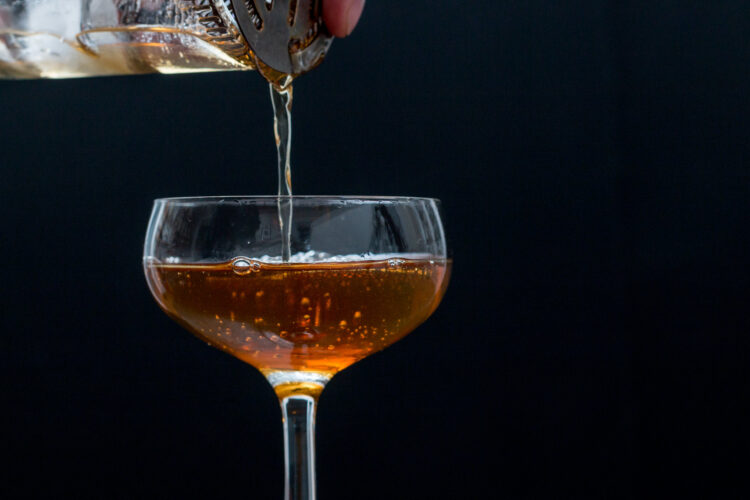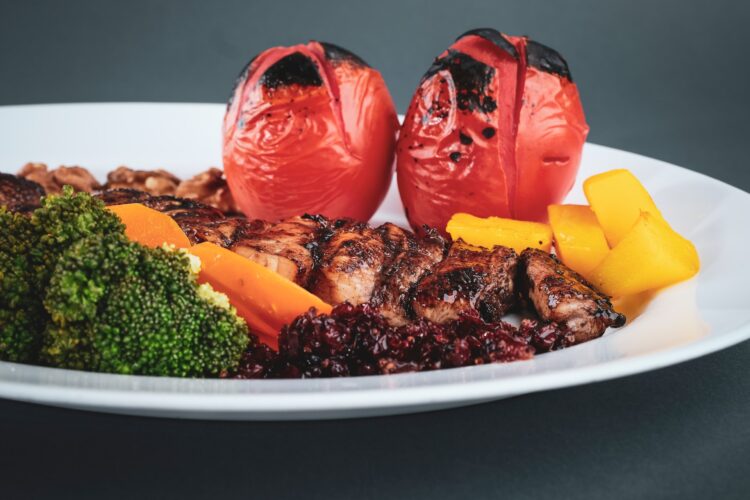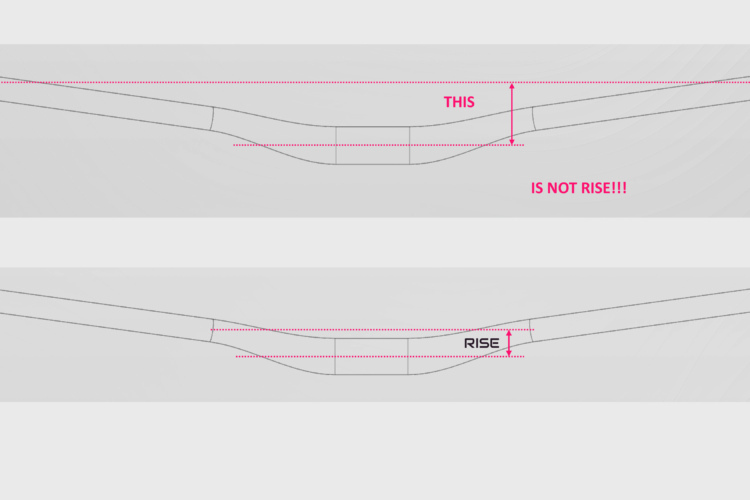Walking into the first gas station and retail facility we had seen after almost eight hours on the Mag 7 trail in Moab was like seeing a shady oasis when you’ve been stumbling over sand dune after sand dune. None of us had packed enough food. I was the last one with an energy bar in my pack and we split it on our 7-mile road ride back into town. By that point, the three of us were well into a deficit.
I marched back to the refrigerated wall of drinks and got two sodas. Then, to the donut case for an iced chocolate ring. Then a bag of gummy worms and then a bag of chips and some cheese snacks. The macro makeup made sense to me: fast sugars for quick energy and some fat and protein to satiate me before a big meal that night. Normally I wouldn’t eat all of these items at the same time, but I needed food and I needed it fast. Also, I deserved it, I told myself.
I drained the first soda and moved on to the next with the donut in my other hand. None of us said a word to each other as we pumped fuel back into our fuming bodies. I think back to that ride occasionally. The highlights of my summer are usually the long backcountry rides with friends and I’ve done my best never to go out as unprepared again.
I take more than enough food usually so that I’m tired but not defeated at the end of the ride. And on the good days, when no one is rushing back to work or familial duties, we’ll hog up a table at a brewpub and feast. Someone will probably have one more beer than they would have if they had not climbed up a mountain by bike. I’ll likely have another one too or a basket of fries, even though I don’t need the calories, because why wouldn’t I? I just did something pretty hard too and I can get away with it.
Upon briefly researching the relationship between alcohol and fit people for a how-to on mountain biking with a hangover before New Years Eve, I found some information on the licensing effect; a theory that says people who have done something hard will justify over-eating or over-indulging in food or booze. Ironically, this was before a piece by Bicycling was published about cyclists’ relationship with alcohol.
Finding research like this is validating in a way because it puts a word on something that most mountain bikers, or anyone who treats themselves after a challenge has experienced. Maybe it’s more common now, or maybe I notice it more, but of course I’m reminded about ice cream and pizza after little league softball games. I suppose the difference now is that I have to be more vigilant about my caloric intake than when I was 10. Tough stuff.
Turns out, there is actually a lot of research on licensing effect theories and there have been several angles. In a meta-analysis titled The Effect of Self-Licensing on Food Choice, conducted in 2014 which examined a bundle of studies, the researcher finds that much of what has been learned about the licensing effect revolves around moral and immoral food choices, restraint, and guilt.
Diet culture in the United States is a wicked beast. We’re a nation inundated with sugary, processed food that is literally around every corner. In too many places, it’s easier to find a pack of Ding Dongs or a bag of Lays chips than fresh fruit. Sugar and salt hooks us into cravings for more of the same food. Couple that with the fact that most Americans don’t get near enough exercise and the pounds pack up.
We find ourselves ready for a diet and calorie-cutting, all the while craving the foods that got us there in the first place. Foods are often unfairly categorized as healthy or unhealthy—thanks in large part to a history of lobbying by food and agriculture groups and misguided dietary guidelines—and then we start to identify foods as either good or bad for us without room for moderation. Interestingly, this is where the licensing effect comes into play.

“Research has shown that individuals will license indulgent or immoral behavior after engaging in or recalling moral behavior,” the study says. “The purpose of this experiment was to determine whether or not individuals would do this when selecting food items.”
The wording is a little ambiguous, but you understand the point. Do something moral, like a big, arduous bike ride, and feel like you’ve earned a slice of pizza, loosely interpreted as immoral. The researcher digs in a little deeper and finds that the effect is common even outside of physical exercise.
Hard day at work? Have a beer. Finished a tough school project? Volunteered at the homeless shelter? It’s burger time.
The study notes that women are typically twice as likely as men to be a “restrained” eater and more likely to associate deserts with guilt. Restrained eating has an adverse effect too and people who eat around the idea of restraint, or avoiding certain foods altogether, are more likely to increase their BMI over time.
Researchers note that studies are occasionally limited by presenting participants two options for food after an exercise. They pick something “healthy” or “unhealthy.”
With this in mind, another study focused on calorie consumption rather than food choice to see if research participants were likely to eat more of one food after doing something that gave them license. This particular study involved a few different scenarios: participants would recall a past academic success and eat more of a snack than participants who recounted an ordinary day. Then, they put participants in a scenario where some were told they had a harder writing task than a control group, even though the tasks were the same. Those who thought they were given the harder writing task ate more of the provided snacks.
Research tells us one thing about why we might gorge after a ride. Our bodies might tell us something else. Perhaps you craved a pizza because you lacked enough sodium and started cramping. I’ve been at cross-country races where the aid booths had pickle shots and I have never been so satisfied sucking down the briney, green juice.
Maybe you keep a cold can of Coke in your cooler for a quick sugar bump after a sweltering ride and before a meal to avoid a blood sugar crash.
Maybe you have a beer right after a ride down a technical trail that had you on edge for the last hour, but you feel good about riding the rock garden that has always been intimidating and you want to celebrate. Some foods and drink might seem like a splurge, but they can also be exactly what our body needs. Maybe not beer.
I’d also argue that much of the common bonding with mountain bike friends happens after the ride, when we can regale in what we’ve achieved and share a plate.
Navigating our relationship with food is something all of us do every day and though it might seem routine, it’s never been easy. It’s apparent that associating foods as either “good” or “bad” has ill effects in the long run. The DARE campaign is one example of a laughably ineffective public health effort in which miseducation and stigmatization of substances did nothing to curb substance use.
What makes more sense to me is finding the right time to indulge. Eating more whole foods, fruits, vegetables, and so on is obviously the best route for people. But, let’s not deny the fact that donuts and pizza are delicious and moderation is usually better than an all-or-nothing approach.
As mountain bikers, we’re fortunate to have such an exciting hobby that is vigorous and extremely healthy for us. If that gives us a license to indulge occasionally and the room to get away with it, then I think it’s time for another ride.












6 Comments
Jan 25, 2023
Jan 25, 2023
Jan 26, 2023
Junk food tastes like junk: Don't eat it!
Beer is great, hangovers are foul: Drink in moderation!
Eat donuts only occasionally, pizza a bit more often......
If you are so weak you can't be sensible, it would be easier on the rest of us if you just removed yourself from the equation right now.
Sorry, but it's time to stop whining.
Jan 30, 2023
Jan 30, 2023
Life is Good........though it will be nicer when it warms up a bit and the trails melt out.
Working out in the warm gym is good but it doesn't have quite the punch of a good rock drop.........
Jan 30, 2023